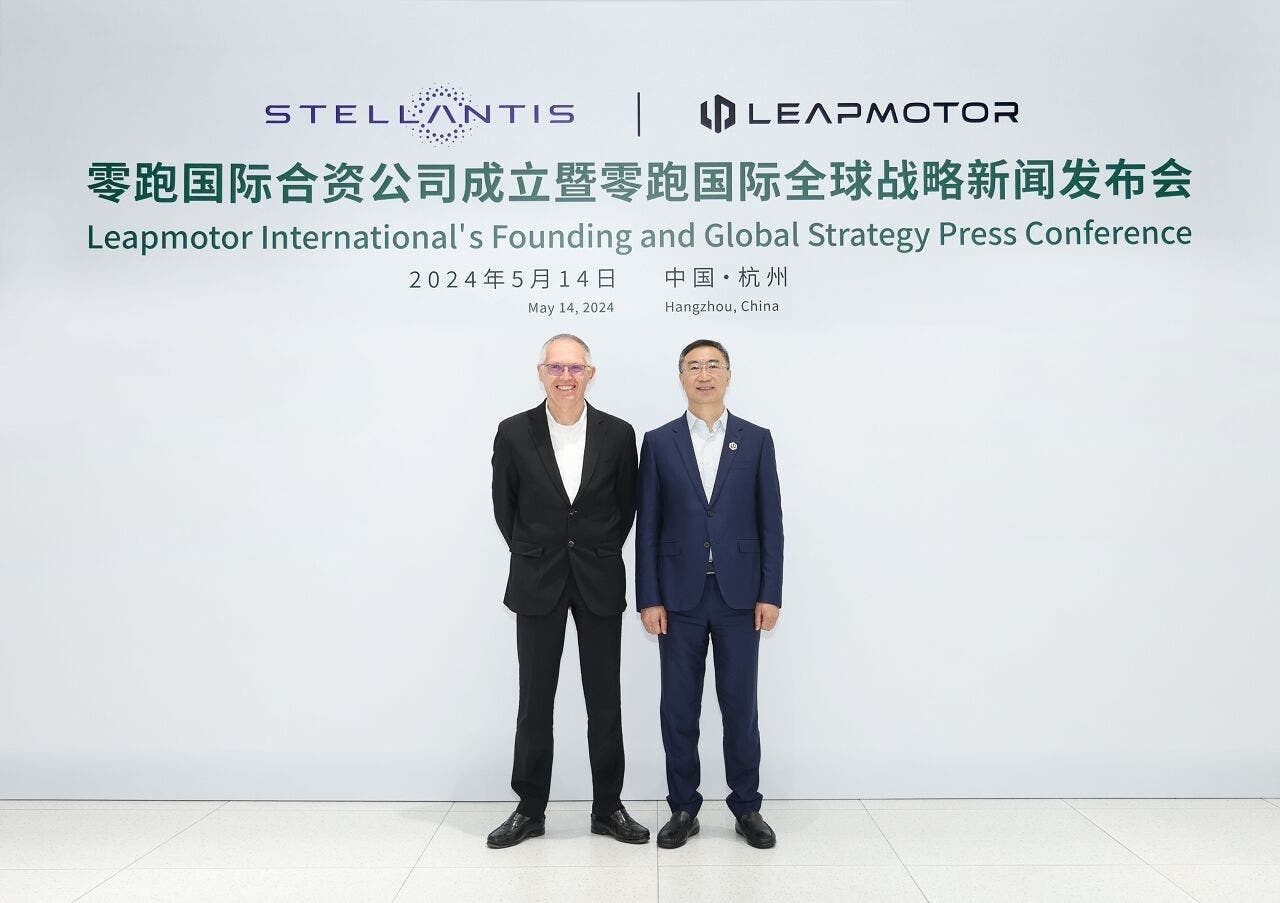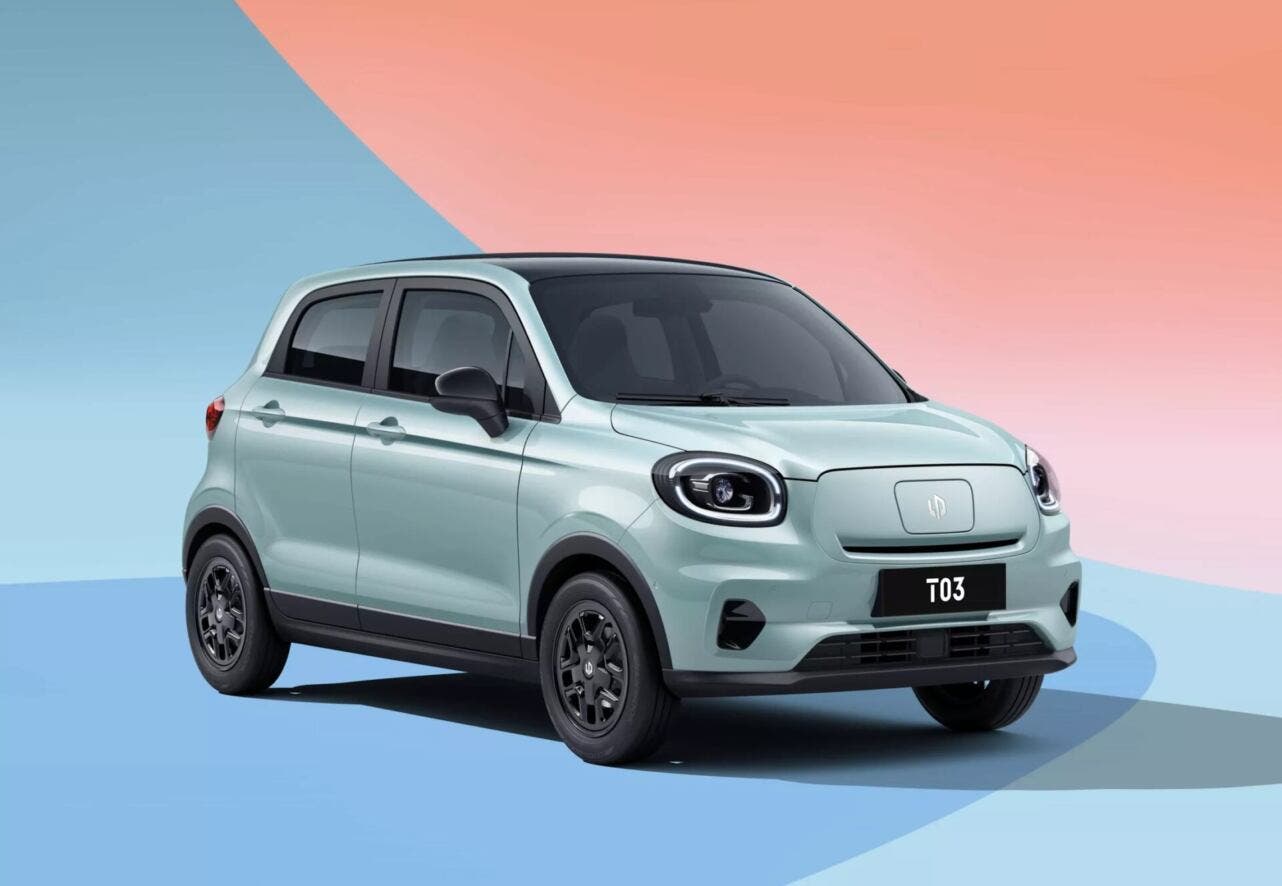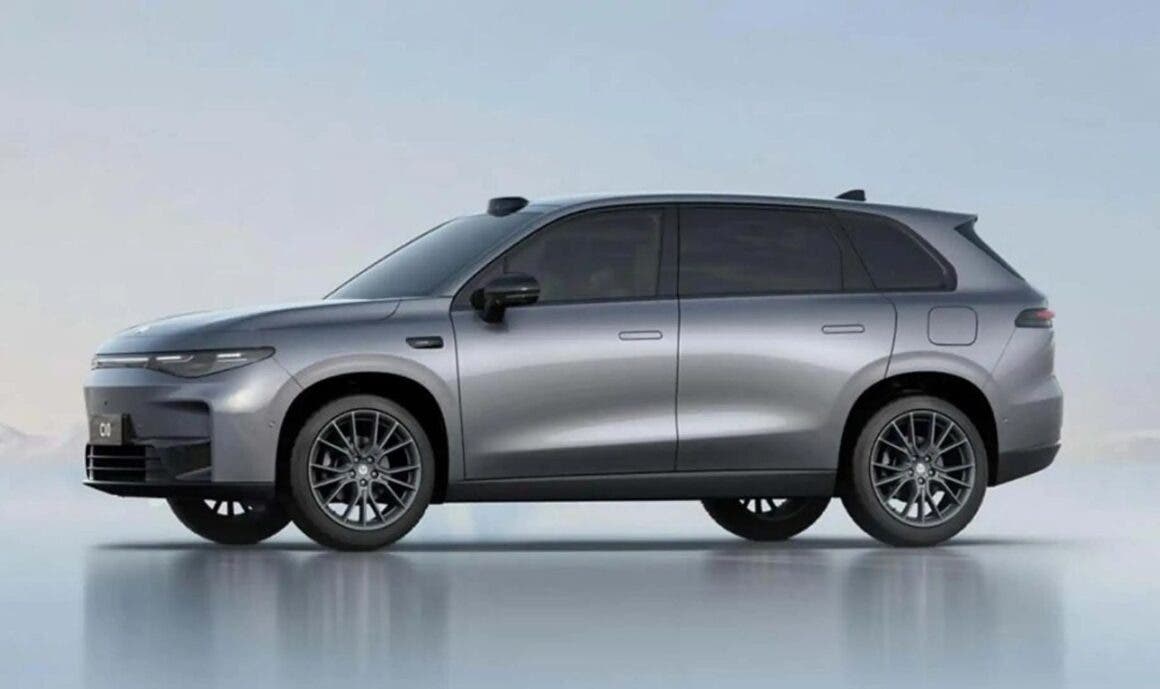Last week, it was officially announced that Leapmotor will not only arrive in Europe but also in Brazil, where Stellantis’ goal will be to reach a new customer base with the Chinese automaker’s cars.
Stellantis to bring Leapmotor to the Brazilian market

When asked about the relationship with Leapmotor and how its business will operate in Brazil, Stellantis’ CEO in South America, Emanuele Cappellano, explained that the agreement with the Chinese manufacturer involves sharing technologies and is an opportunity to provide more options for Brazilian customers. Today, the only electric vehicle from Stellantis sold in the country is the Fiat 500e: both the Peugeot 2008 and 208 are awaiting the launch of the restyled version to bring their respective electric versions, with the compact SUV confirmed for the second half of the year.
Responding to the possibility of selling models under another brand, as Fiat did with Titano, the executive said he sees a branding opportunity and that Stellantis has the necessary experience in the sector. Leapmotor, therefore, intends to create its own network, with dealerships and an operation separate from Stellantis. This is not a surprise considering that the brand is part of a separate joint venture and represents a solution to face other Chinese brands such as BYD and GWM.

For Brazil, only the Leapmotor C10 SUV is confirmed, while the compact T03 model is not currently being considered due to costs. It will be a way to avoid cannibalization with more affordable models from other Stellantis brands, especially electric cars imported from Europe. Although it is similar in size to the Jeep Commander, measuring 4.73 m in length, the manufacturer does not have a 100% electric option in this segment.
Stellantis’ objective is to have access to Leapmotor‘s technologies, such as the Cell-to-Chassis system, which integrates batteries into the chassis to reduce overall weight and avoid occupying space in vehicle construction. This is not the first time a similar strategy has been seen, as Volkswagen recently announced a partnership with Chinese company XPeng to jointly develop a new platform for electric vehicles.

